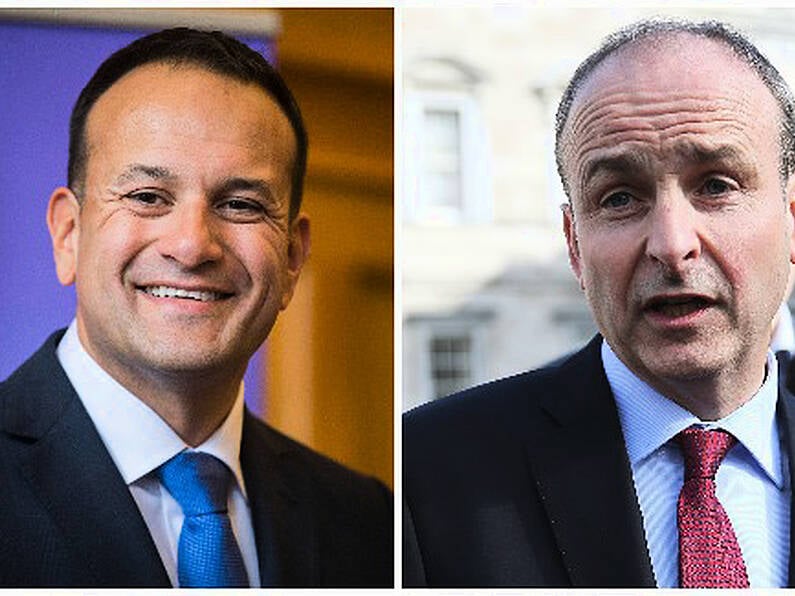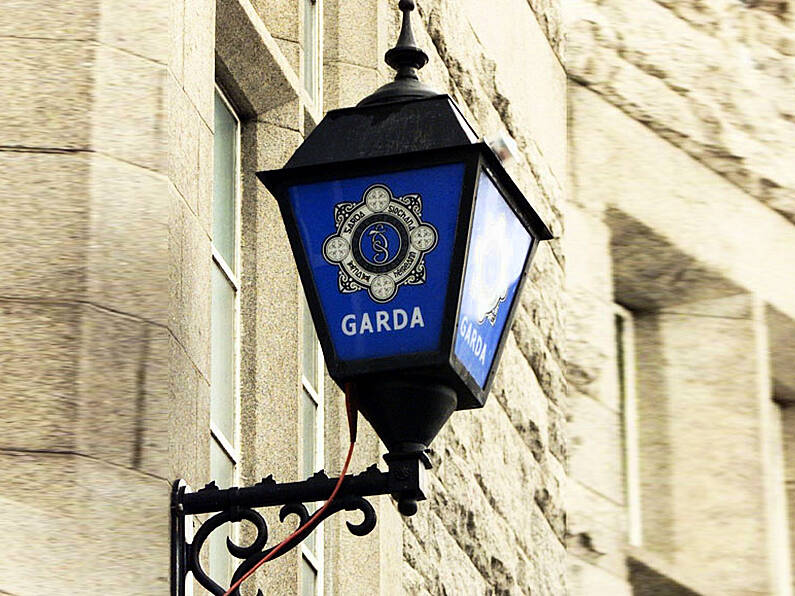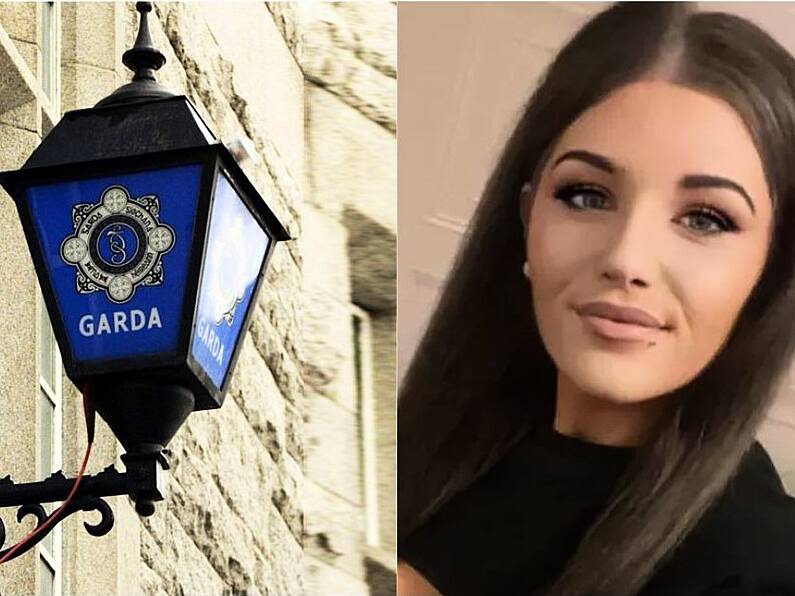By Elaine Loughlin and Daniel McConnell
Fianna Fáil must agree to a full confidence and supply deal or bring on a general election, Fine Gael has demanded.
Government ministers rejected an offer made by Fianna Fáil leader Micheál Martin to stall an election until after a Brexit deal.
Taoiseach Leo Varadkar is facing multiple political dilemmas following the shock resignation of former communications minister Denis Naughten.
The Taoiseach admitted that having lost the support of a number of TDs he will face a significant challenge in securing enough votes to appoint a communications minister or get backing on other critical Dáil votes.
Fine Gael ministers last night tore apart a letter sent to the Taoiseach by Mr Martin which suggested that “irrespective of what happens during the confidence and supply review process, we both agree not to bring down the Government” until a Brexit agreement is ratified.
Senior party sources said Fianna Fáil should commit to a new confidence and supply deal or go to the country and will not tolerate the “fudge” proposition put forward.
Mr Varadkar also restated his call for a two-year extension to the confidence and supply agreement in response to Mr Martin’s letter.
Mr Varadkar, speaking through his spokesman, said the best way to provide stability for the country as Brexit enters a important phase is for both parties to agree to hold the next election in the summer of 2020. He said the best way to guarantee there will not be an election is to “promptly” start talks on an extension of the confidence and supply deal.
“The Government’s overriding priority at this point is securing a good Withdrawal Agreement in the Brexit negotiations and preventing the return of a hard border on this island. So the Government wants to avoid an election at this crucial time.”
Mr Martin had written to Mr Varadkar proposing that both commit not to collapse the Government until the final Brexit settlement has been reached.
Mr Martin was explicit in stating:“We should both agree to pass the Finance Bill and other legislation at least up to the point where, whatever is agreed by the European Council on Brexit, in the coming months, has cleared the critical hurdle of ratification by the House of Commons and the European Parliament.”
But his letter appeared to contradict comments in the Dáil this week where he suggested that Brexit does not provide an excuse to delay a general election. Mr Martin told the Dáil: “No party has a divine right to power, no matter how much time it spends praising itself.”
After a dramatic week, Mr Varadkar will face another hurdle in trying to kickstart renegotiations of the confidence and supply agreement.
Officials from both parties met yesterday with more meetings planned for next week including one between the Taoiseach and Mr Martin. Officials are confident that brokering teams of three or four TDs on each side can be in place within the next two or three weeks.
However, a Fianna Fáil source stressed that these meetings would have to first review the three-budget deal in detail before any consideration is given to extending the agreement.
In another day of twists and turns the Taoiseach yesterday morning indicated he would be announcing a successor to Mr Naughten later in the day, however he admitted the Dáil arithmetic would now pose problems.
“It is of course a matter of fact that any appointments have to approved by Cabinet and the Dáil, Cabinet in the case of ministers of state and the Dáil in the case of Cabinet ministers, so the changes can’t happen until Tuesday,” Mr Varadkar said.
“Obviously the next test will be on Tuesday on whether the Dáil is ready to ratify the ministerial appointments that I make.”
Including the Independents in government, Fine Gael have are three votes short of the 57 needed to pass important votes. This means it will need to heavily rely on other Independent TDs including Sean Canney, Michael Lowry, Noel Grealish or Michael Harty.
This story first appeared in the Irish Examiner.






